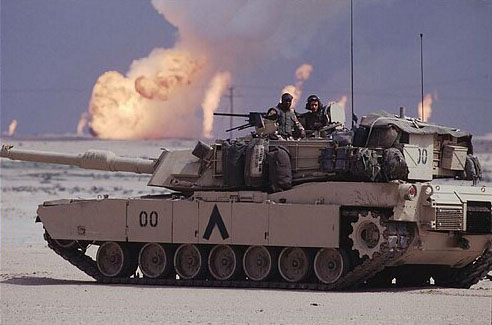
First, some questions about Wikipedia:
1. Is it ok to use Wikipedia for research?
YES and NO. Yes, you can use Wikipedia as a starting place for your assignment. BUT you can NOT use Wikipedia as your ONLY source. Wikipedia is written by amateurs and fact-checked by amateurs! That means it often has errors and is often poorly-written or omits key facts. Most librarians and researchers do NOT consider
Wikipedia a "credible resource" for just that reason!
So ALWAYS verify EVERY fact in Wikipedia from a SECOND SOURCE: a second source that is written by experts and fact-checked by experts (that means a World Book Encyclopedia, the Gale or SIRS online databases, or a library book).
2. Is it true that Wikipedia articles provide a citation for each article?
Yep, the rumors are true! Look on the left-hand side of every Wikipedia article page for this:
Toolbox
- What links here
- Related changes
- Upload file
- Special pages
- Printable version
- Permanent link
- Cite this article
"Cite this article" provides an MLA-formatted citation for a Wikipedia article.
You will write a 5-8 page paper on a leader who is or was a catalyst for change. The paper will consist of three sections:
II. The leader’s goals, philosophies, and accomplishments
III. Commentary on why you believe the individual is a leader and why the individual is/was important during the time in which he/she lived or lives.
Paper requirements:
- MLA format
- A unique title
- A typed outline
- A thesis which states why the selected individual is a leader who is/was a catalyst for change
- Four credible resources – at least one must be a print source (not all internet sources). Note cards for each source are required (See back for specific directions. All of the sources must be integrated into your essay.
- Works cited
- Who is the person?
- W hen and where was he/ she born?
- What was the individual’s family like?
- What was the individual’s childhood like?
- Were there any situations or individuals that were influential in shaping this person?
- Is there any other significant biographical information that will help the reader better understand your individual?
- What are the individual’s values and/or beliefs?
- What are the individual’s goals?
- What does the individual want to change? Why?
- How does the leader set about to make these changes occur?
- What changes did the individual accomplish?
- Why do you think this individual is respectable and should be admired?
- why do you think this individual is/was important in their era?
- How will this individual be remembered? What is his or her legacy?
Books on the Cart & Books in the Library
There may be a cart of books for this assignment.
 If you want to locate additional books, use the library catalog, found on the library homepage.
If you want to locate additional books, use the library catalog, found on the library homepage.You can also look at the public library catalogs.

The Pleasanton Public Library catalog is HERE.
 The Dublin Public Library (which you can use because it's a branch of the Alameda County Library!) is HERE.
The Dublin Public Library (which you can use because it's a branch of the Alameda County Library!) is HERE.TIP: If you find the book in another branch (not Dublin), then you can ask the librarians at the Dublin Public Library to request it for you--in most cases, you will get the book in 1-2 days from another county library! And the service is FREE.
Good books for this assignment include:

- The Encyclopedia of World Biography, Call Number REF 920 Enc. (20 volume set)
- Current Biography, Call Number REF 920 Cur.
- Biography Today, Call Number REF 920 Bio.
- Historic World Leaders, REF 920 His.
Library Information Databases
You
 can also try searching the Gale database, found on the library homepage:
can also try searching the Gale database, found on the library homepage:CLICK ON THE BLUE GALE BUTTON ON THE LIBRARY PAGE.
Remember: Gale is a digital library (online books). It is NOT a website--these are books in electronic format! Gale provides the citation for you and you can email the Gale articles to yourself!
Click on this button on the library homepage.
articles on your topic, with the most recent article at the top of the list!
When you search for an encyclopedia article, you'll get this row of buttons. Click on each one to get a different information source! You get FIVE sources from ONE encyclopedia source!
TIP: Use EA (Encyclopedia Americana) articles (with this button
Websites
Good basic sites for biographies include--
 Biography.com
Biography.com







